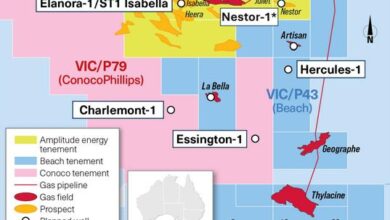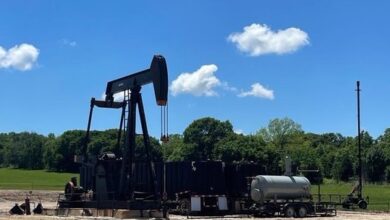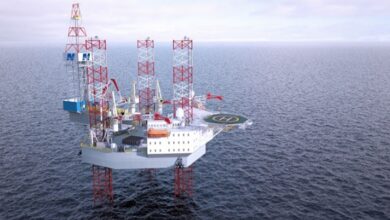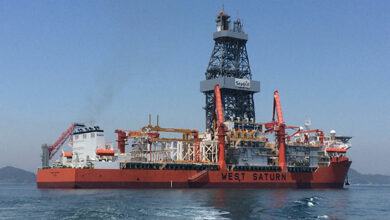Maersk Drilling CEO: Industry must address sustainability in order to secure long-term financial viability
By Stephen Whitfield, Associated Editor
The drilling industry is facing a number of pressing issues in a combination that it has never seen before, with the COVID-19 pandemic and oil price downturn leading to significant drops in drilling activity and drilling contractors struggling to generate cash flow. While it appears the worst of the downturn may be over, Jørn Madsen, Maersk Drilling CEO, said that organizations must remain vigilant and work to address significant remaining challenges, in order to establish a firm economic position moving forward.
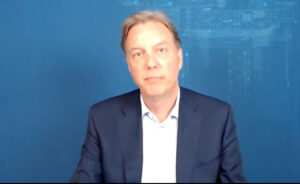
“The crisis has certainly accelerated the structural issues the industry was already facing,” he said during a keynote address at the virtually held IADC World Drilling 2021 Conference on 16 June. “Let’s be honest, our industry wasn’t in a great shape before this. Today, the need to act to secure the long-term viability of the industry is even more urgent.”
Mr Madsen outlined three main issues that he believes the industry must address in the near future: secure long-term financial durability, increase the profitability of drilling projects, and respond to climate change. These three issues actually go hand in hand, he said. With the industry facing increasing public pressure to lower its carbon footprint, commitment to sustainability will become a bigger part of its license to operate in many parts of the world. Efficiency gains will help drive both sustainability and profitability efforts.
“We’ve analyzed campaigns where the numbers showed around a one-to-one relationship between time saved and CO2 saved. What we have here is a potential win-win situation. If we can work smarter and faster, we’ll help the customers reduce their costs and, at the same time, improve the climate impact for both ourselves and the operators,” he said.
To that end, in 2020 Maersk Drilling launched what Mr Madsen called a “very ambitious” sustainability strategy in which the company committed to halving the carbon intensity within its operations by 2030.
As part of that strategy, the company has invested in new systems centered around energy efficiency. Maersk recently launched two low-emission rigs for Equinor and Aker BP that utilized hybrid energy solutions, with batteries supplying power so the main engines can avoid peak loads. Mr Madsen said that the batteries, combined with real-time digital monitoring and control of energy use, reduced energy consumption on the two rigs by as much as 25%.”
Earlier this year, Maersk Drilling also installed energy optimizing software on most of its floaters working in Trinidad, Angola and Australia, which Mr Madsen said should lead to further emissions reduction.
The onset of the COVID-19 pandemic has also put a new urgency on drilling contractors’ drive for increased efficiency, Mr Madsen said. There has been an increased focus on projects with low breakeven prices, and operators are scrutinizing more closely than ever the nonproductive time (NPT) related to drilling operations.
Maersk Drilling has the reduction of NPT a major priority in its operations in recent years, launching its “Smarter Drilling for Better Value” strategy in 2018 to help drive efficiency gains. The strategy calls for accelerated technology development, as well as improved planning, execution and orchestration of drilling operations. It also prioritizes incorporating new commercial models based on shared incentives. “We need to motivate all parties involved to deliver on speed and quality, and this isn’t possible if we insist on maintaining the simple dayrate structure,” Mr Madsen said. “Only if we engage in closer collaboration with our customers and other partners on projects can we make the needed step changes.”
Mr Madsen noted the work Maersk Drilling has undertaken since initiating the “Smarter Drilling” strategy. In April 2021, the Maersk Invincible jackup completed a 30-well plug and abandonment campaign for Aker BP at the Valhall field offshore Norway, achieving a 30% reduction in time spent per well. The work was finished years ahead of schedule, he added, saving Aker BP more than $600 million.
Also, last year Maersk Drilling piloted its Drilling Process Platform project, an independent service offering designed to improve the information flow between the well design and offshore rig operations. The service is in the scaling process and preparing for commercial launch, and Mr Madsen said Maersk Drilling has seen an increasing level of interest from operators about utilizing the service.

